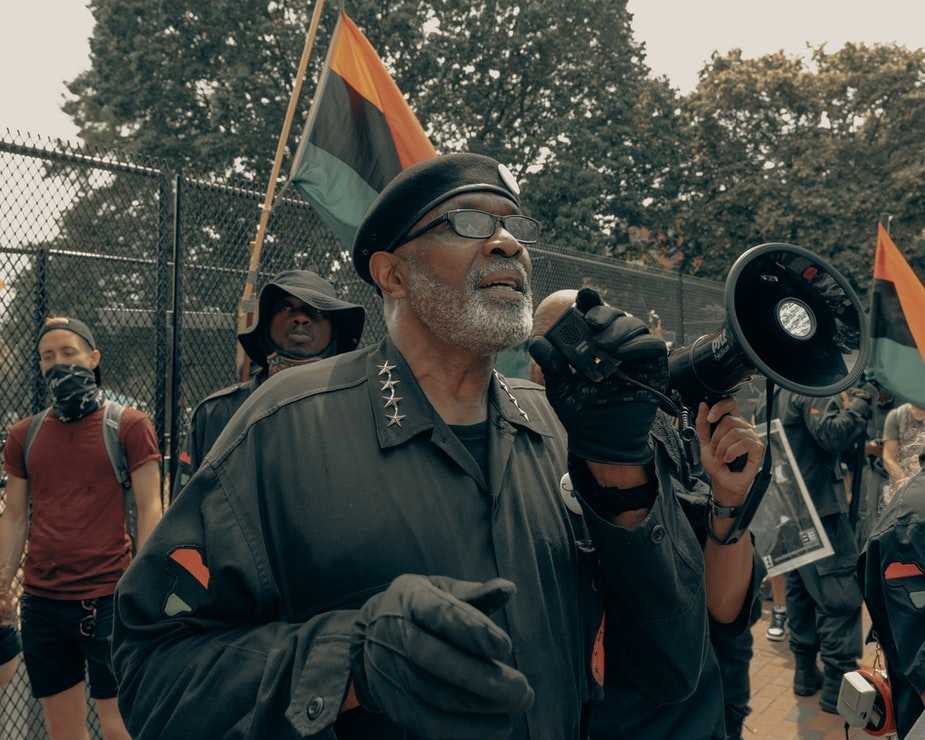BY LA SHAWNA GRIFFITH
The Oxford dictionary states that racism is “The theory that distinctive characteristics and abilities are determined by race.”
For persons that live in the Caribbean, the concept of racism is one that is still being fought on the frontlines. Despite many Caribbean countries having more than 90% Afro-Caribbean population, the concept of racism is still evident.
Some theorists argue that racism in the Caribbean is systemic as a small percentage of persons control the means of production.
A journal article entitled “Cultural Racism and Colonial Caribbean Migrants in Core Zones of the Capitalist World Economy,” explains what has been called the new racism in the Caribbean.
“Post-war Caribbean colonial migrations to the metropoles provide an important experience for the examination of racial discrimination in core roles. First, they were part of colonial labour migration to supply cheap labour in core zones. during the post-war expansion of the capitalist world economy.”
People of African origin represent the majority population in most English-speaking former colonies. Nearly 80% of the population is unmistakably black, with some 96% of Jamaicans are people with the same degree of African blood.”
Although 400 years have passed since the abolition of slavery in many Caribbean countries, many theorists believe that slavery still exists to date, but in a more systemic form. The fact is in many Caribbean countries’ heirs of the plantocracy still control the majority of wealth on the island.
In Barbados Natalie J. Walthrust Jones and Trevor G. Marshall wrote a book “Racism in Barbados in the 21st Century: Forty Years beyond the Growth of the Modern West Indies,” argues that crypto-racism happens in Barbados, and that it is a form of discrimination.
“Crypto racism is more insidious as it is camouflaged behind traditions of a commercial, agricultural and leisure time nature.”
While the proponents of slavery still linger in the air of the Caribbean with many privileged persons stating their displeasure of Afro-Caribbean person on social media. Now is the perfect time, with all of the pro-black movements to educate persons on why they should adopt anti-racism policies.
Being anti-racist is fighting against all forms of racism. As racism can take a plethora of forms and works in tandem with racist ideas, behaviour, and policy. Thus, being anti-racist, you seek to change interpersonal racism, institutional racism, and structural racism as you have made a conscious decision to heighten your self-awareness as you move through life.
This is not easy for any person living in the Caribbean, as we have come from a history of being colonized and oppressed and despite having slavery abolished, we are still reminded of the tenants of slavery every day of our lives.
By not becoming anti-racist, we hold on to the aspects of white supremacy, white-dominant culture, and white society. Becoming an anti-racist is a radical choice to change the face of history through radical re-orientation of our consciousness.
Being anti-racist does not mean that you are no longer saying that racism is wrong or ignoring the fact that there is inequality in the Caribbean as it relates to race. It means that you have made the stand to no longer be the victim but seek to ensure that you can end all forms of racial inequalities in the society that you live in.
One must understand that becoming anti-racist is different for whites as opposed to people of colour. For white people, being anti-racist evolves as they understand the lived experiences of Caribbean persons, and identify their privilege, and internalized racism. Then, they must seek to address it.
Meanwhile, for Afro-Caribbean persons, anti-racism understands the intricacies between race and racism and the internalized tenants in the society they live in.
It is an ideal that causes a person to re-examine their socialization and the morals and values, they have been sensitized to throughout their lives.
Hence why persons of colour can act by challenging white internalized white supremacy, and letting their voice be heard when they notice prejudices against other racial groups in their society. Anti-racism is a never-ending learning curb, but it is needed in society if everyone is going to live in harmony.

